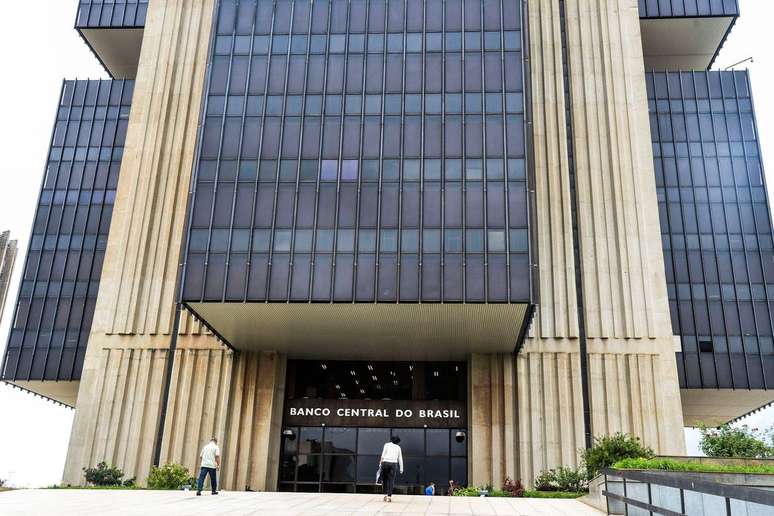However, the directors of the Central Bank affirmed that the presentation of the new fiscal framework has reduced the uncertainty linked to the growth of the public debt
Brasília – The directors of the Central Bank (BC) assessed, in the minutes of the last meeting of the Monetary Policy Committee (Copom), that inflation expectations remain “unmoored” (i.e. without a very clear scenario of when it will return to target) . Additionally, collegiate members highlighted that there has been a “worsening” in the estimates.
“The Committee is following this movement with concern and continues to assess that unanchored expectations increase the cost of bringing inflation back to target. The definition of present and future price and wage adjustments,” informed the BC, in the Copom minutes .
Also, the analysis made in the minutes is that the ongoing process of declining inflation is slower. According to collegiate members, current inflation is “driven by excess demand, particularly in the services sector.”
It is on the basis of this scenario that Copom decided, in last week’s meeting, to maintain the base interest rate at 13.75% per annum, without clarifying much whether the start of the interest rate cutting cycle would be near. Analysts, for the most part, started ruling out an interest rate cut at their next meeting in June and now expect the Selic rate to start falling only in the second half.
On the other hand, Copom members assessed that the scenarios that could require the resumption of the monetary tightening cycle (ie a new increase in interest rates) have become less likely.
Disinflation
As regards the decline in inflation, the administrators of the BC highlighted that the dynamic continues to be characterized by a process with two distinct phases. In the first phase, now completed, the speed of disinflation was higher, with a greater effect on regulated prices and an indirect effect on market prices due to “less inertia”.
“In the currently observed second stage, the velocity of disinflation is slower and core inflation, which is more responsive to aggregate demand and interest rate policy, declines at a slower rate, responding to the output gap and inflation futures”, highlighted the BC, in the minutes.
Copom members also highlight the recent favorable trend in wholesale prices, both in terms of food and industrial prices. Also, due to a comfortable water scenario for this year, there is an expectation of a green flag on electricity bills (i.e. no extra charges) for December 2023 and December 2024.
“In terms of the trajectory of consumer price inflation throughout 2023, it should be noted that annual inflation is expected to decline significantly throughout this second quarter due to the prior year base effect. In the second half of 2023 , as the effects of the fiscal measures that reduced the price level in the third quarter of 2022 are no longer included in 12-month cumulated inflation and the effects of this year’s fiscal measures will still be included, there will be an increase in the same indicator,” informed the BC.
The directors of BC also assessed, in the minutes, that the granting of credit in Brazil is compatible with the current phase of the interest cycle, even if the supply of credit in specific modalities is decreasing.
“The Committee expects some moderation in lending over the coming months, but in line with what has been observed in previous rounds of monetary policy tightening. The Committee reiterates that the Central Bank has the adequate and necessary liquidity tools, linked to macro-prudential policies, to address the relevant localized frictions in the system, if they occur”, informed the BC.
Tax framework
The BC has, however, made a nod to the government. The assessment is that the presentation of the new fiscal framework has reduced the uncertainty associated with extreme scenarios of public debt growth.
“The Committee will continue to monitor the development and implementation of the fiscal framework presented by the Government and under consideration by Congress. Copom re-emphasised that there is no mechanical relationship between inflation convergence and the approval of the fiscal framework, as the inflation trajectory remains conditional on the reaction of inflation expectations and financial conditions,” he informed the BC, in the Copom report.
According to the BC directors, a scenario with a solid and credible fiscal framework could lead to a more favorable disinflationary process through its effect on the expectations channel.
Source: Terra
Rose James is a Gossipify movie and series reviewer known for her in-depth analysis and unique perspective on the latest releases. With a background in film studies, she provides engaging and informative reviews, and keeps readers up to date with industry trends and emerging talents.





